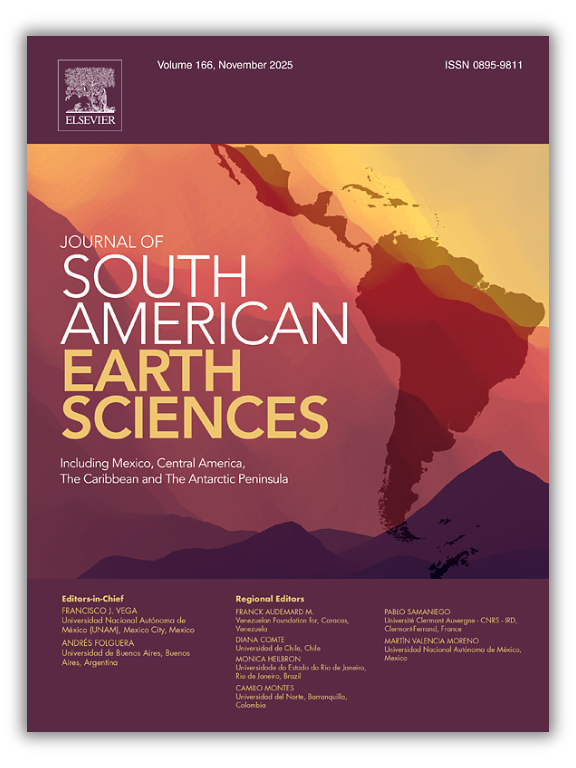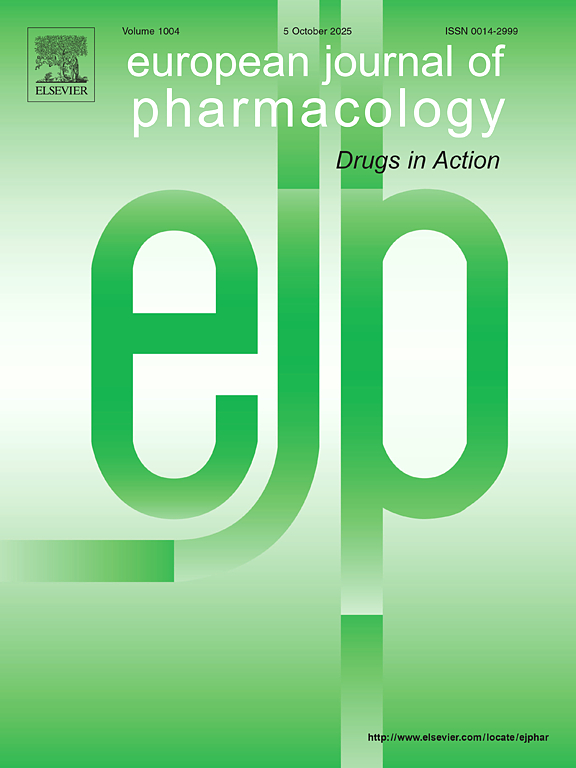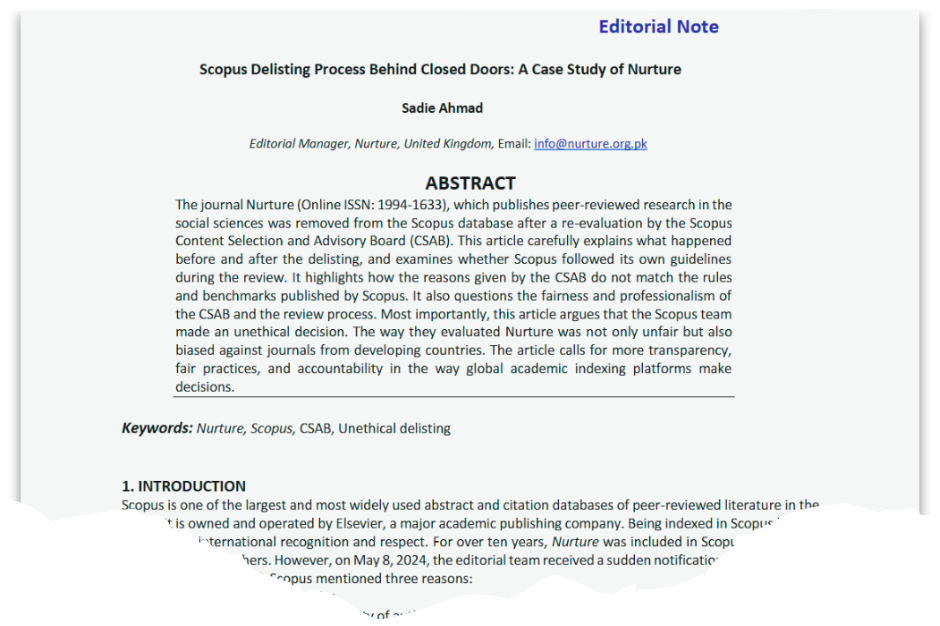Carlos Conforti Ferreira Guedes, a geology professor at the Federal University of Paraná in Brazil, came across a paper in the Journal of South American Earth Sciences earlier this year with irrelevant, and in some cases nonexistent, references.
Made-up citations can indicate the use of generative AI in crafting the paper – but another detail caught his attention as particularly odd: The researchers on the paper, a study on the transformation of the Brazilian coastline, all listed affiliations in India. Guedes reached out to one of the editors-in-chief of the journal at the time, Andres Folguera, on March 10 to notify the journal about the issues.
As Guedes and his colleagues noted in a May 19 blog post on the Brazilian Association for Quaternary Studies (ABEQUA) website, “there were no citations of work conducted in Brazil or by researchers who had previously worked in the region.”
Continue reading Sleuth unearths citation, authorship issues at earth sciences journal








